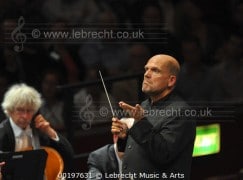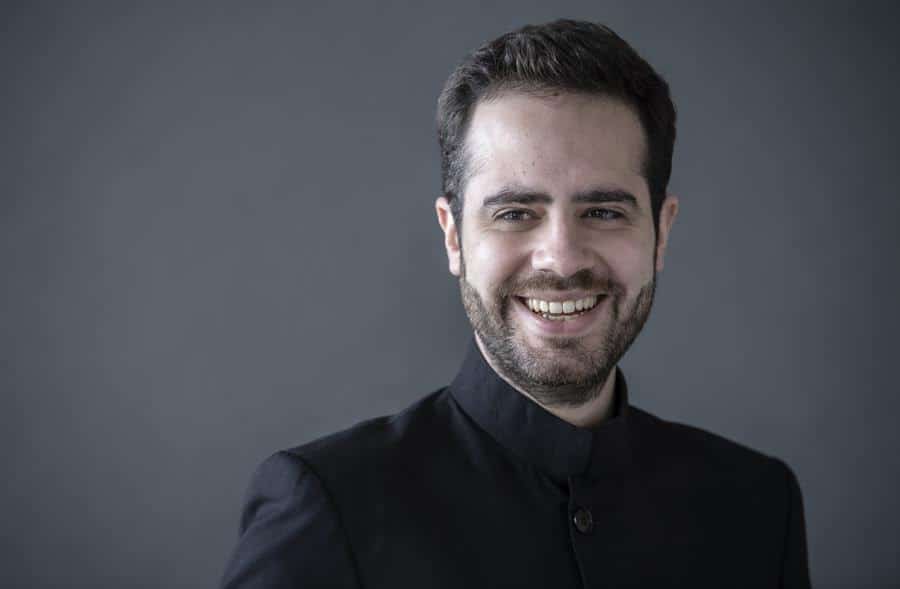Bombshell: The top-paid US conductor of all time is…
mainThe annual survey of conductor salaries compiled by Drew McManus on Adaptistration is about to blow the socks off the music industry. Drew’s pay list for 2013/14, which goes live in the next hour, will reveal that compensation at the Dallas Symphony that year went way off the scale.
The music director Jaap Van Zweden, little known at the time beyond Dallas, was paid $5,110,538.
That’s five million bucks in plain English, paid via his company, Bajada Productions LLC.
There are more details on Adaptistration.
Five million is miles off the grid.
It is almost double the squeeze that Christoph Eschenbach puts on the National Symphony and it beats by a clear two million the $3,291,791 paid to Lorin Maazel in his final year as music director at the New York Philharmonic, which was the previous all-time high.
It is also more than three times what Jaap Van Zweden was paid the year before.
And it’s not just Dallas that has questions to answer.
There will be demands to know what the New York Phil is planning to pay Van Zweden, 55, when he becomes its music director in 2018. Is this unremarkable Dutchman worth more than any conductor alive or dead?

All the other million-earners here.





Comments